1993 Was a Really Fantastic Year for Music
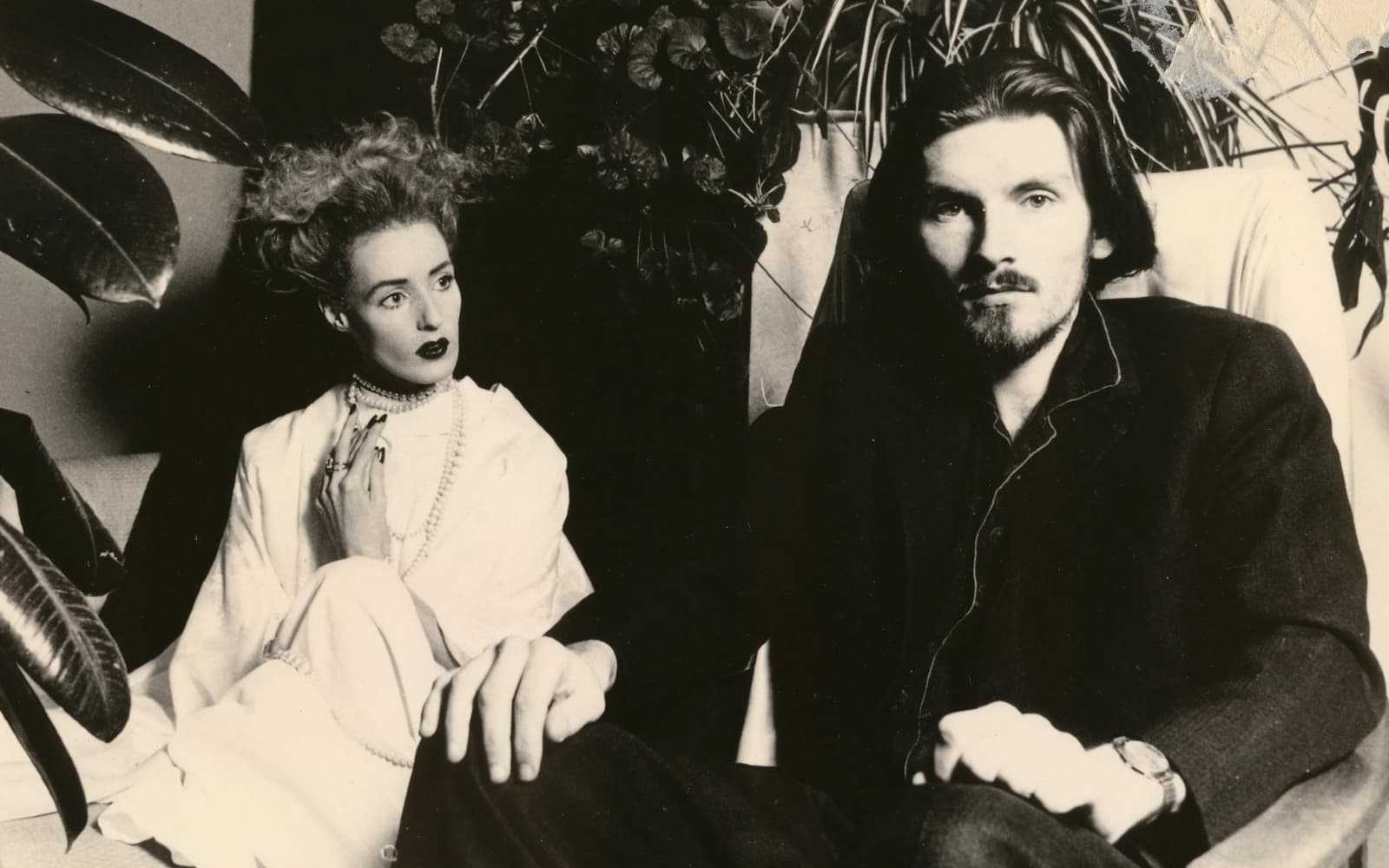
It’s hard to believe that 1993 was thirty years ago. Sometimes, it seems like only yesterday that I was just starting my senior year of high school — which just so happened to be a year of incredible musical growth for me. And looking back at it now, 1993 turned out to be a phenomenal year for music.
Admittedly, I didn’t know about some of these releases at the time, and have only discovered them in the years that followed. Nevertheless, 1993 had a bumper crop of excellent releases; these are ten of my favorites.
Cash In Chaos World Tour by L.S. Underground
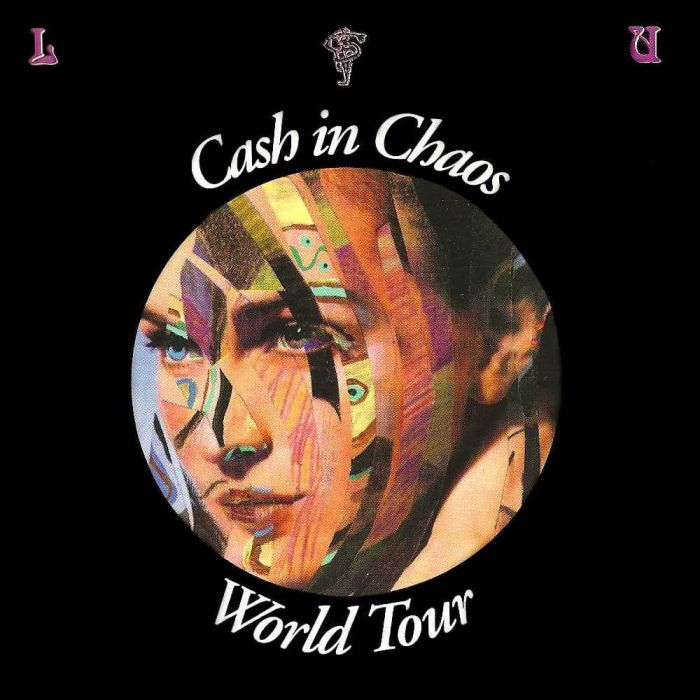
Michael Knott’s L.S. Underground had made their name in alternative Christian (i.e., “Chrindie”) circles via searing post-punk albums like 1987’s Shaded Pain and 1991’s This Is the Healing. But Cash in Chaos World Tour found Knott pursuing a more psychedelic sound. The resulting songs are ominous and harrowing, thanks to Brian Doidge’s simmering guitar and Knott’s haunting vocals, while Erick Coomes’ bass licks add an element of, dare I say it, funk.
Inspired by the seamy underbelly of Los Angeles, these ten songs are a far cry from anything in the Christian market, then or now. Indeed, I wouldn’t be surprised if Knott recorded the album, in part, as a middle finger to the industry that had screwed him over and ruined his Blonde Vinyl label. In any case, Cash In Chaos is a fascinating album, particularly on songs like “The Shell,” “Pound of Flesh” (my favorite song), and “There’s a Time.”
MotorCycle by Daniel Amos
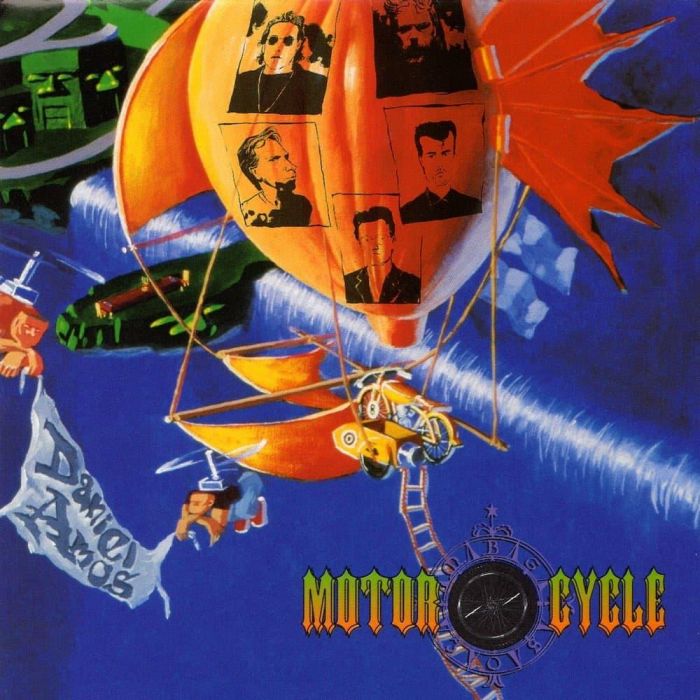
As I recall, I bought MotorCycle because Daniel Amos frontman Terry Taylor had helped produced albums by some of my favorite bands (e.g., Mortal, Scaterd Few). I didn’t know what to expect, but suffice to say, the album’s psychedelic Beatles-esque pop wasn’t exactly it.
There are moments on the album when Taylor and his bandmates seem like CCM’s court jesters, what with the cheeky lyrics and bizarre arrangements. (Who else would think to pair sitar drones with a saloon piano?) But the album eventually worked its way deep into my mind and soul. The music is fantastic and never less than intriguing, and although Taylor’s lyrics — which reference Charles Bukowski, C. S. Lewis, and Frederick Buechner — occasionally border on precocious, they’re also deeply moving and thought-provoking.
“Buffalo Hills” uses baseball as a surprisingly moving metaphor for childhood innocence, “Wise Acres” skewers evangelical Christian sub-cultures, and the album’s highlight, “Hole in the World,” is a sublime imagining of Christ’s second coming.

Fathom by Mortal
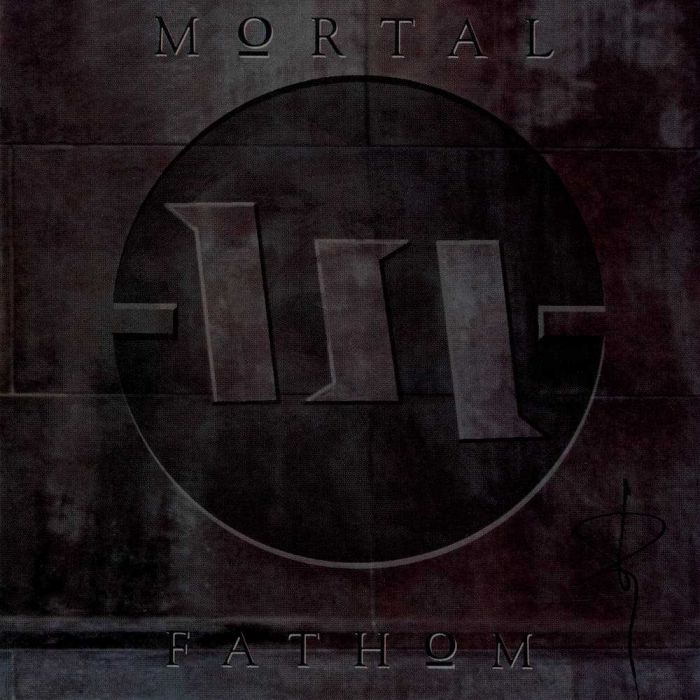
The sophomore album by the Christian industrial pioneers found Jyro and Jerome combining metal, industrial, hip-hop, and copious sci-fi samples into a blend they dubbed “hypersoul.” But to my young ears, it was just awesome. Fathom was one of the first Christian albums that — to my ears, anyway — actually measured up to a lot of the secular alternative music that I was into at the time (e.g., Nine Inch Nails, The Cure, Depeche Mode).
Much of that was due to the duo’s intense music, especially on songs like “Alive and Awake,” “Ne Plus Ultra,” and “Rift.” But then there was Jyro’s poetic lyrics, which dealt with weighty topics like death, child abuse, and doubt. Or, in the case of “Bright Wings,” my favorite track, the beauty of God’s creation as glimpsed through the poetry of Gerard Manley Hopkins — and all set to a Beastie Boys beat. Christian music never seemed so cool or vital.
Souvlaki by Slowdive
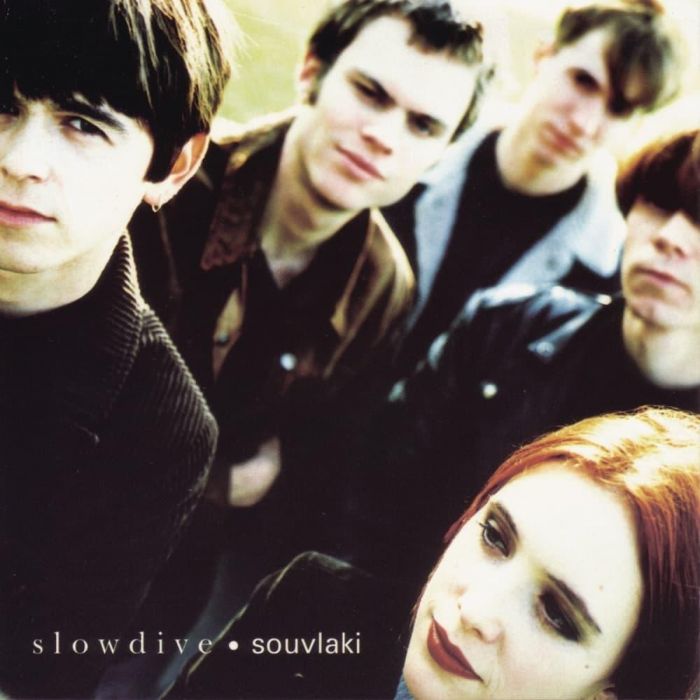
Slowdive’s sophomore album found Neil Halstead, Rachel Goswell, et al. polishing and perfecting their shoegaze sound with help from the likes of Ed Buller (The Psychedelic Furs) and Brian Eno. The resulting ten songs contain some of the band’s most indelible and beloved music (e.g., “Alison,” “40 Days”).
Just beneath the album’s shimmering surface, however, lurks no small amount of sorrow. Halstead and Goswell’s relationship was on the rocks during the album’s recording, resulting in the stark, intimate balladry of “Dagger” (which feels like a harbinger of Mojave 3’s acoustic sound) as well as the celestial heartache of “Souvlaki Space Station.”
Critics dismissed the album upon its release — by 1993, shoegaze was on its way out as Britpop began its domination of the musical zeitgeist — but Souvlaki has since been recognized as a shoegaze classic.

Eating the Sea by Soulwhirlingsomewhere
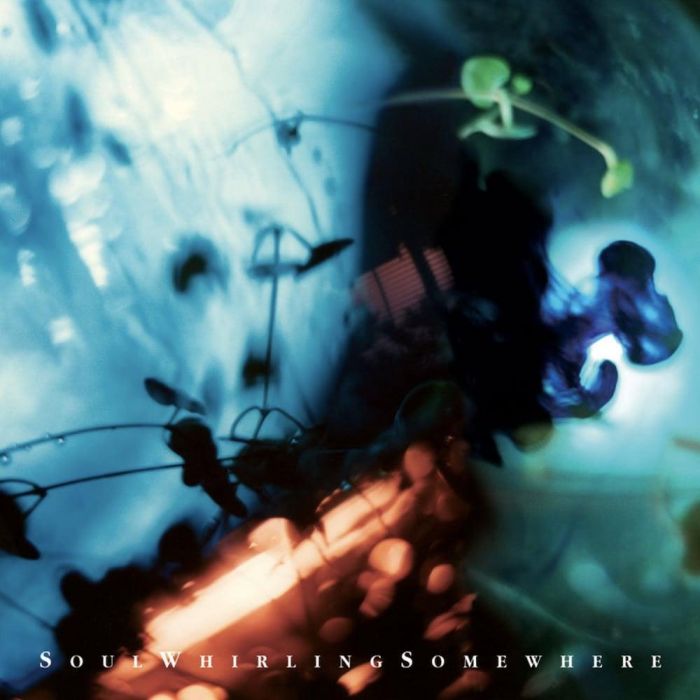
Earlier this year, I posted a lengthy article about Eating the Sea to mark its 30th anniversary and to try and communicate just how much, exactly, Michael Plaster’s debut album meant to me. Along with such albums as Slowdive’s Just for a Day, Pedro the Lion’s It’s Hard to Find a Friend, and Low’s I Could Live in Hope, Eating the Sea is a deeply influential and deeply personal album.
I didn’t purchase Eating the Sea until several years after its release; however, it quickly became a favorite. I spent many long, lonely nights sprawled out on my apartment floor letting its evocative and melancholy sounds simply wash over me. To this day, songs like “Wish” and “Landed” can still have the same effect on me that they did back in the ’90s.
With lush synthesizer atmospherics, introspective lyrics, and Plaster’s rich vocals, Soulwhirlingsomewhere’s debut album remains one of the finest examples of Projekt Records’ classic “darkwave” sound.
Jesus’ Blood Never Failed Me Yet by Gavin Bryars
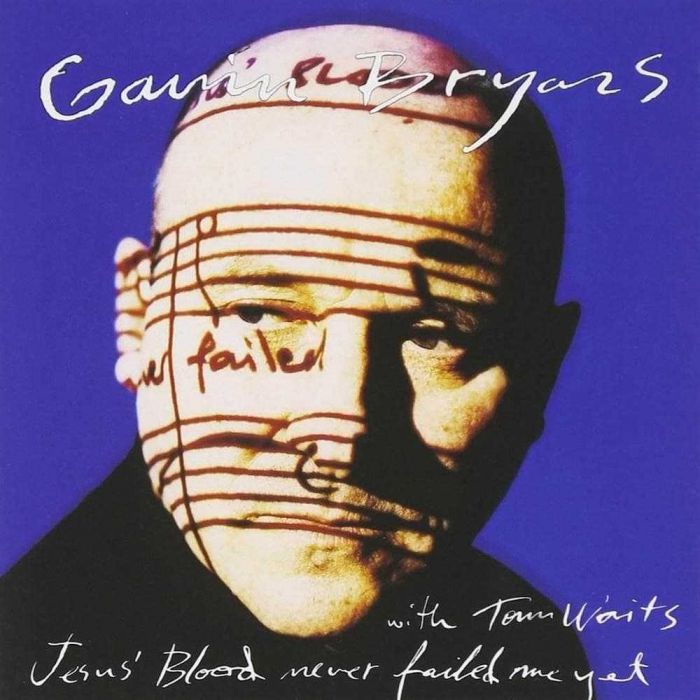
Gavin Bryars composed Jesus’ Blood Never Failed Me Yet back in 1971 after he discovered that a recording of an old tramp singing a religious song was in tune with his piano, and later, saw the singing’s deeply emotional effect on others. Several versions were written and performed, but Point Music’s 1993 release features Tom Waits’ roughhewn voice, which slowly takes over for the tramp as the music unfolds over the course of 70+ minutes.
I discovered Jesus’ Blood Never Failed Me Yet through a review in, of all places, CCM Magazine. Bryars’ heavily conceptual composition is pretty far outside the bounds of contemporary Christian music. However, there’s no denying the deeply spiritual impact that Bryars’ piece can have. I must be careful when I choose to listen to it because it will invariably destroy me and leave me a sobbing wreck.
Saviour Machine — Saviour Machine
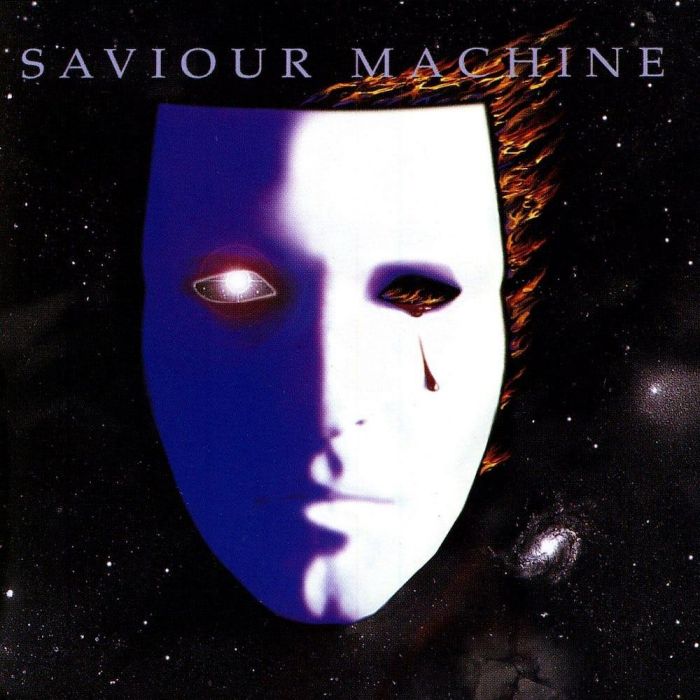
This is actually the album that inspired me to reflect on 1993’s musical releases, and to write this post. Led by a bejeweled Eric Clayton, Saviour Machine — yes, their name comes from the David Bowie song — dove into the pages of Revelation and brought them to life with a blend of heavy metal, goth, and classical music.
Clayton’s lyrics drew directly from biblical prophecy and were rich with imagery that was recognizable to anyone who grew up with dispensational premillennialism. (Raises hand.) But even then, some of his lyrics — e.g., “Naked she lies on the crucifix crying/The tears of the innocent die/The dragon slides between her thighs” — could still raise eyebrows in my church.
Was Saviour Machine’s debut over-the-top? Absolutely. But what’s what made it so great (read my review). Yes, this album could have easily been a joke. But the ambition and absolute conviction that Clayton and his bandmates displayed in pursuing their aesthetic makes it work, and then some. There really was nothing like Saviour Machine in Christian music circles in 1993, and that’s still true, three decades later.

Into the Labyrinth by Dead Can Dance
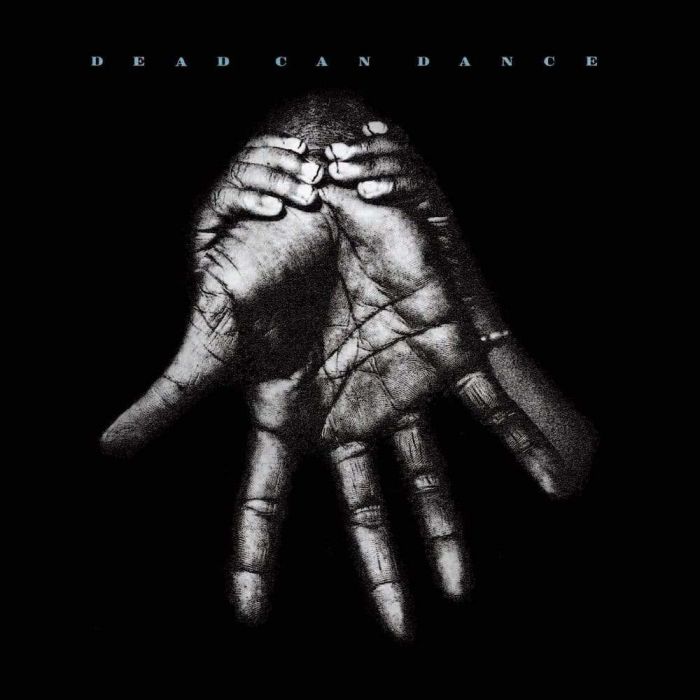
Into the Labyrinth was my first Dead Can Dance album, thanks to my friend Jessica — who also helped introduce me to anime, for what it’s worth — and it was unlike any other album that I’d heard before then.
Whether singing together or separately, Brendan Perry’s rich baritone and Lisa Gerrard’s angelic contralto were otherworldly. And the duo’s blend of European folk music, Middle-eastern textures, tribal percussion, and dark electronics tapped into something ancient and epic, but also deeply personal and intimate.
“The Ubiquitous Mr Lovegrove” was technically the album’s single — although it feels weird, even sacrilegious, to discuss Dead Can Dance’s music in terms of singles — but “The Carnival Is Over” is the song that immediately grabbed me, and remains my favorite to this day. Inspired by his own childhood memories of attending the circus, Perry’s voice is carried aloft by wistful synthesizers as he sings of “a strange desire unseen by the human eye.”

Euphoria by Insides
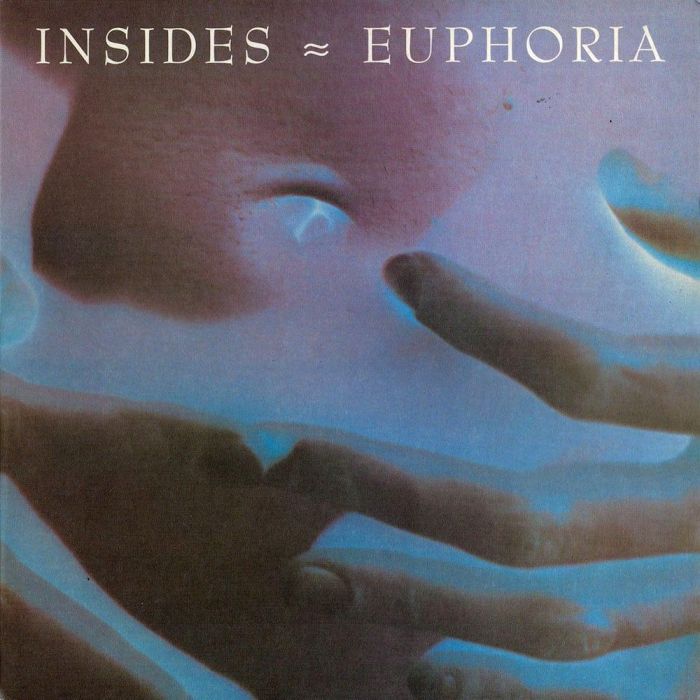
With so many classic albums in their catalog, it’s inevitable that 4AD Records would release something that slips through the cracks. Case in point, Insides’ debut album Euphoria, which was released on the Guernica sub-label. The blend of J. Serge Tardo’s dreamy, Vini Reilly-esque guitar filigrees and Kirsty Yates’ sultry voice and salacious lyrics proved a perfect match, resulting in songs that walked the line between icy and sensual.
Listening to Euphoria now, it’s amazing how timeless it feels, like it could’ve been released at any point in the last three decades. And it certainly ranks up there with the best from Cocteau Twins, Dead Can Dance, and any other 4AD icons.

You Need a Mess of Help to Stand Alone by Saint Etienne
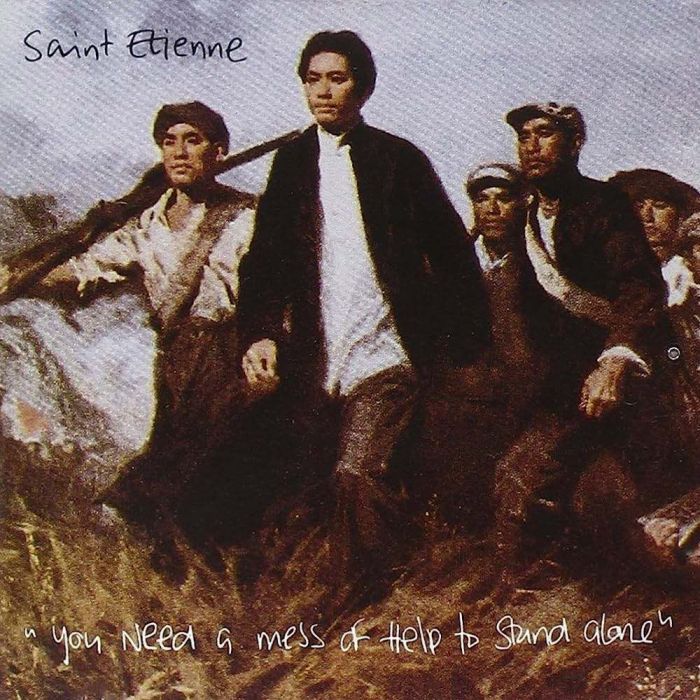
Technically, You Need a Mess of Help to Stand Alone is a compilation of Saint Etienne’s singles and B-sides from the early ’90s. But don’t let that trick you into thinking that these songs are cast-offs. The exact opposite is true; some of these songs rank among the finest that the trio of Sarah Cracknell, Bob Stanley, and Pete Wiggs have committed to tape.
In a perfect world, “Who Do You Think You Are” and “Kiss and Make Up” would have topped the pop charts. Meanwhile, “Archway People” and “People Get Real” are showcases for Cracknell’s perfect voice. And “Join Our Club” — arguably my favorite Saint Etienne song of all time — is pure euphoric pop perfection.
